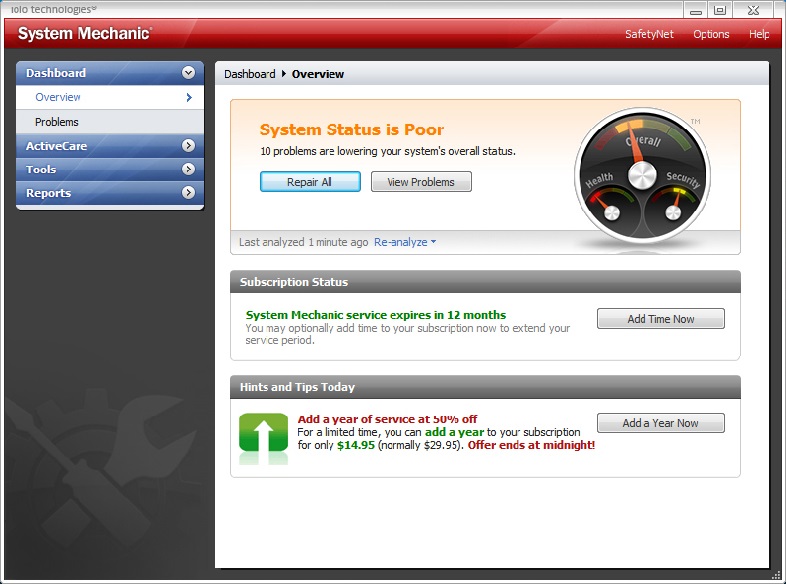Privacy in the digital age: We can argue whether or not we should be concerned, but there’s no question that the amount of private data that companies collect on us should be carefully thought about.
The problem is the difficulty of knowing how much is collected. Would knowing more help us change our daily habits?
Two approaches to privacy
Reactions to the idea that commercial companies are collecting all sorts of data on us take one of two forms:
- Indifference: we gets lots of stuff for free (GMail, Facebook etc) so does it matter who knows that I went to a certain bar last night?
- Paranoia: we let them collect this stuff now, who knows what they’ll move into next, and when it will come back to bite us on the backside?
As a geek, and an open source advocate, I demand to keep a distinction between:
- ‘free stuff’ (that we pay for with personal details and activity records) and
- ‘Free Software’ (which is free of cost, and completely open to scrutiny, and generally – though not always – respects privacy because the makers are doing it to further their software, not to sell our data).
I also think of myself as savvy about what is collected, and I try to minimise how much personal data I sacrifice. Hopefully, all the data I sacrifice is done so knowingly, and in exchange for something I deem worthwhile. For instance, I still use Google’s search engine, and email and contacts, because they are the best tool for me, and I understand that everything I search for is recorded. It’s a swap I’m willingly engaged in, even if I don’t like it all that much.
Who knows What about me?
Now and again I think to myself: I really should try breaking free of all snooping companies, and know exactly how much they still know about me, and how much they collect. I’d like to easily keep tabs on how much I’m ‘giving away’, and be able to keep track of how well I’m protecting my data.
I’d like recommendations on where leaks occur, and where I need to do some data scrubbing online.
If such a thing were possible, perhaps others – non-geeks, importantly – would be more careful with their data too, forcing companies to be more upfront with their use of our data.
It would make data security SMART:
- Specific: The aim is reduce, if not eliminate, the amount of personal data that I give away to companies who may do things with it without explicit consent;
- Measurable: the amounts are quantified, perhaps by the amount of bytes it contains, or via a points system (they have my email address! 500 point penalty!);
- Attainable: Channels of data leakage are labelled, and can be shut off one by one, and any improvement on these terms is a small victory;
- Relevant: I can measure the amount of data given away while I might be doing it, i.e. when I’m on my computer, and online;
- Time-bound: there are some measures I can take right now (such as remove an unnecessary phone number from an online service), while others might take a while to complete (e.g. moving email supplier and letting my friends know about my new address). I can choose how much time I have available to spend on one of the privacy tasks and reduce leakage.
Software solution
What I’d like is a piece of software like those ubiquitous ‘optimisers’ which scan your computer for errors, settings issues and junk data, and which remove it. System Mechanic, from iolo, is one I’ve used in the past, has a neat little ‘dashboard’, which is the kind of thing I’d like to see.
Perhaps it would be a desktop program, but maybe it’d need to be installed on a router, to monitor everything going through your network, or a model like Soluto, which requires that you install a little program on each computer you want to monitor. Your aim would be to get ‘in the green’, eliminating red lights. It would be a primarily illustrative interface, with textual pieces of advice about what to do.

The program might also go online, searching for your details if they happen to be posted on the Web (that’s how your email address often finds its way into the spammers address book). It would be signed into your Google account, as well as LinkedIn, Facebook, Twitter, and many other accounts, and would tell you how many times you’d given out your date of birth to companies who didn’t really need to know it (except to serve you adverts with). It would also monitor cookies in your browser, a lot like the Firefox Add-on Lightbeam, which is great in telling you where your data is bouncing around without your knowledge or explicit consent.
Funnily enough, thinking about this, the program would have, by definition, the most terrifyingly comprehensive access to all your data. To neatly bring this post back around to its beginning, it’d have to be an Open Source project.
What do you think? Do you know of any piece of software that could do this, or is this a task that’s unexpectedly easy, without binary assistance? Perhaps it can’t be done, or can be done piecemeal with existing tools. Let us know in the comments!